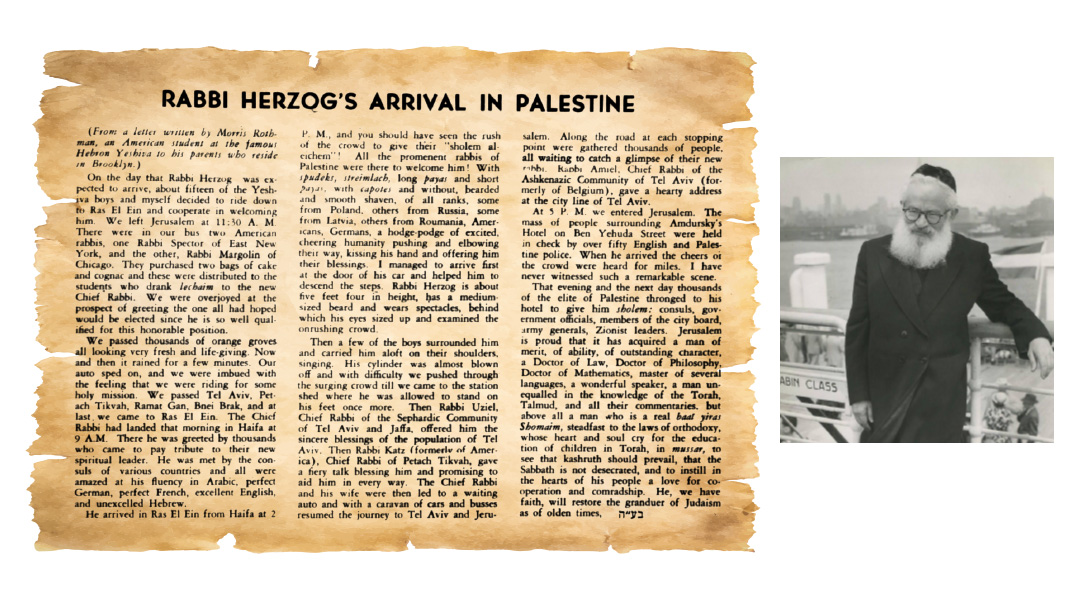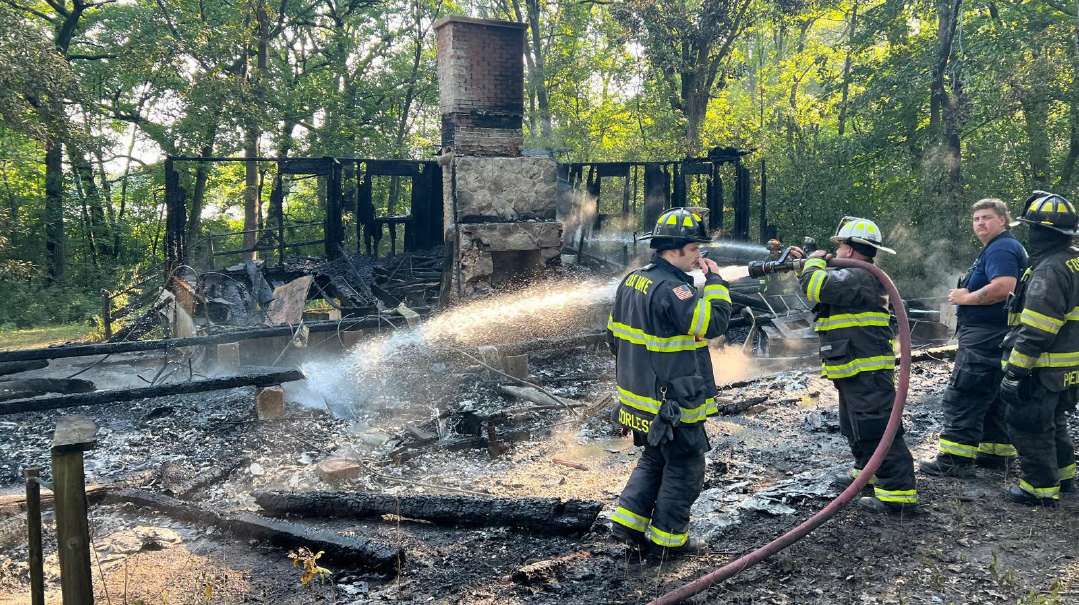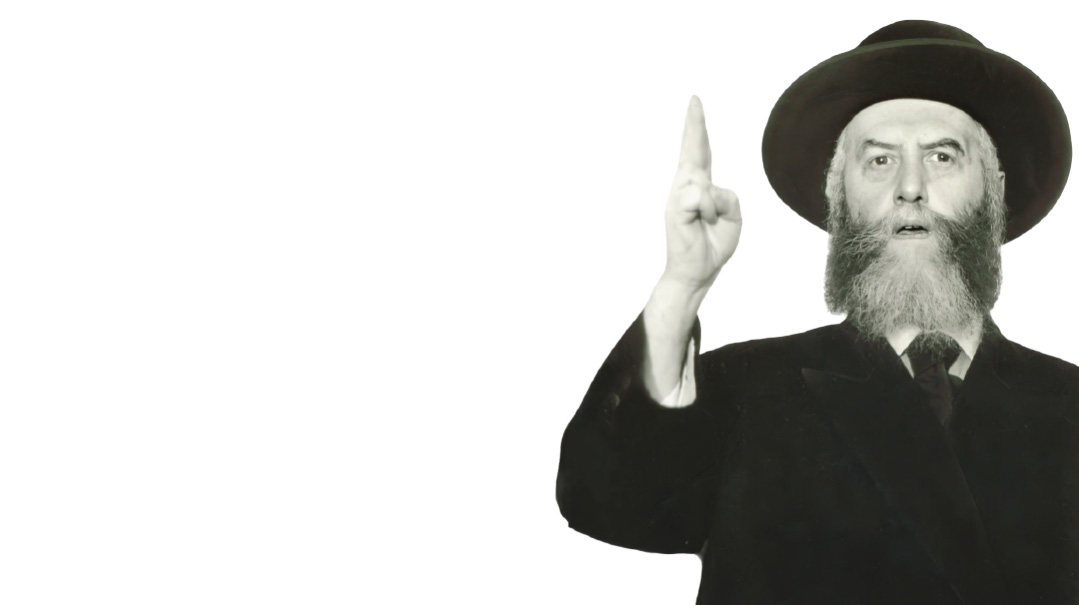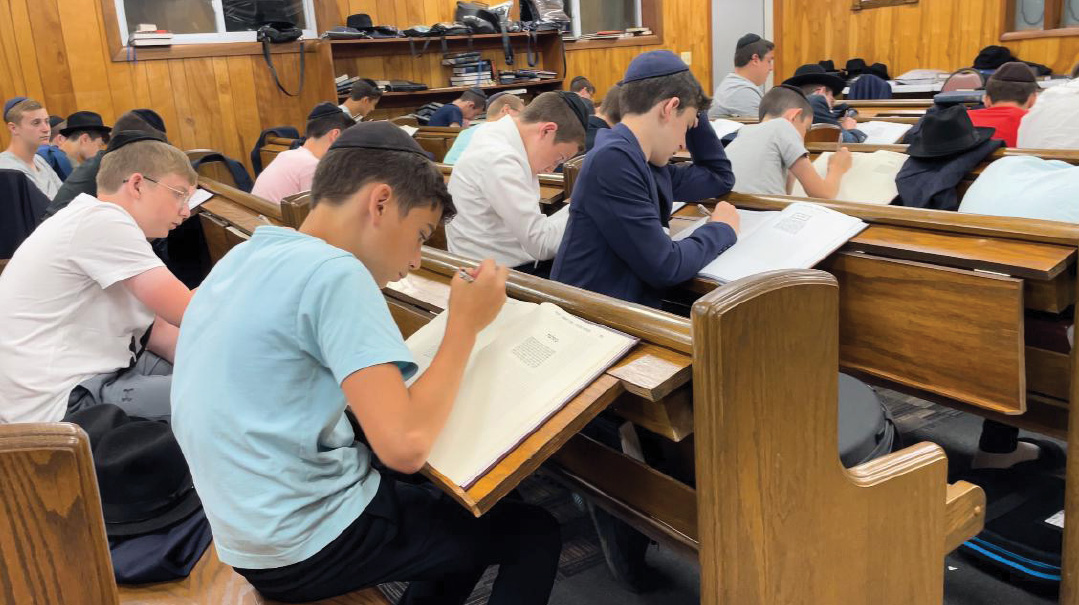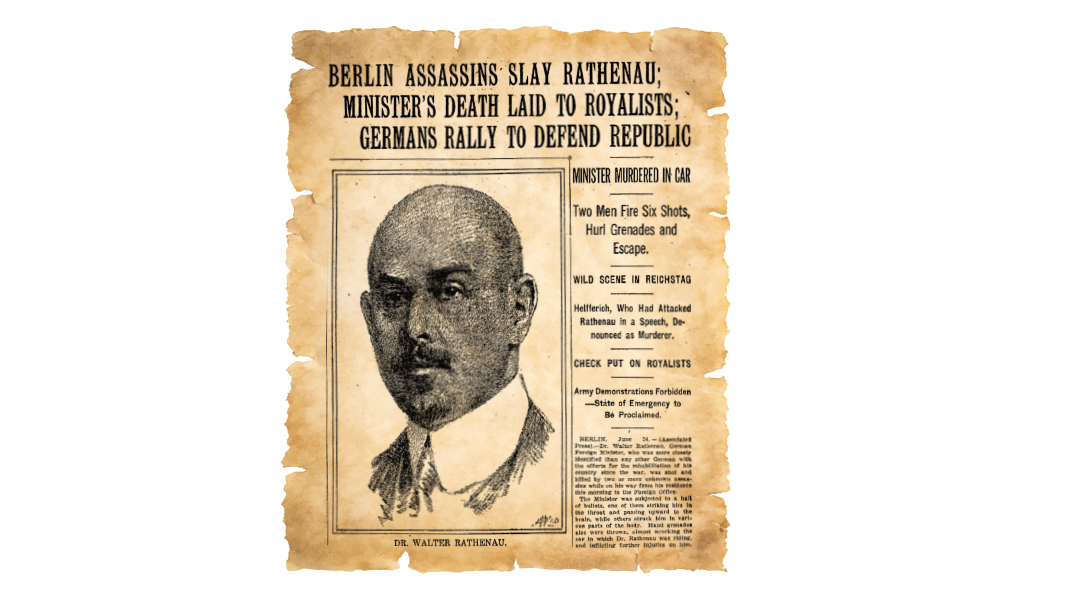Leadership in Turbulent Times
| May 7, 2024“Your uncle passed away nine days ago,” she was told. “The body was sent to the Affordable Burial and Cremation funeral home in Hamilton, Ontario.”
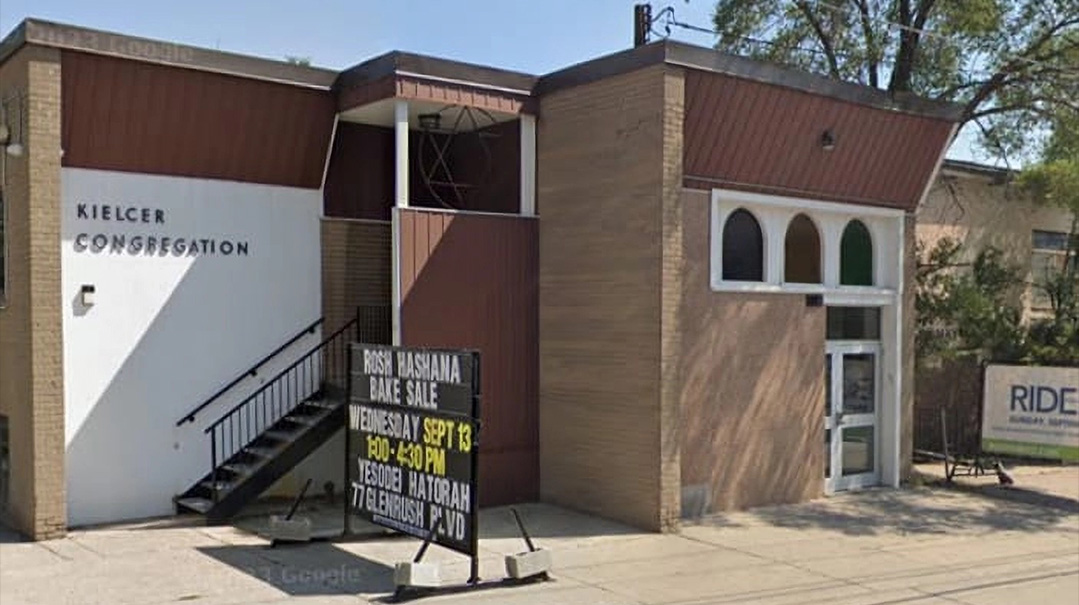
On Wednesday morning two days after the eclipse, Akiva, a well-respected Toronto businessman, ran a few errands prior to his daily seder. After his errands, he decided to learn in the nearby beis medrash of a shul simply known as “Agudah South,” on Toronto’s Bathurst Street, instead of his usual beis medrash some ten minutes away.
Akiva opened his Gemara and began to learn, but he was soon interrupted by urgent knocking. He found a frantic-looking woman standing at the doorway and asked how he could help her.
The woman, who introduced herself as Pamela from Eugene, Oregon, explained that she was en route to Germany, where she would be meeting with some old friends. She then began to share the chain of events that had brought her to the doorstep of Agudah South.
Pamela was Jewish and had only one living relative, an uncle who was a resident in the Cheltenham Care Community, a long-term care facility located farther up Bathurst Street. She communicated with this uncle relatively frequently and saw her trip from Eugene to Germany as an opportunity to visit him. She arranged to spend Monday, the day of the eclipse, in Rochester, New York, which was in the path of totality, and then make the three-hour trip to see her uncle in Toronto. Tuesday, the following morning, she arrived at the facility and asked to visit her uncle.
“Your uncle passed away nine days ago,” she was told. “The body was sent to the Affordable Burial and Cremation funeral home in Hamilton, Ontario.”
Distraught at the thought that her uncle would be cremated, Pamela began making frantic phone calls, but her efforts met with little success. She eventually gave up and retired to the Airbnb she had rented for her stay in Toronto. The following day, Wednesday, she decided to try her luck at a Chabad center near downtown Toronto. Unfortunately, there were no rabbis present when she arrived and, once again, her efforts bore no fruit. With tears in her eyes, she resignedly boarded a bus to head back north to her Airbnb. The bus was rumbling up Bathurst when suddenly, something caught Pamela’s eye.
Some 30 years ago, the Agudah South building was owned by immigrants from the Polish city of Kielce. And while ownership of the shul has transferred to Agudah South, and there has been no relation with Kielce for decades, the words “Kielcer Congregation” are still inscribed on the outside of the shul. The name struck with blazing familiarity — Pamela’s family hailed from Kielce! Frantically, she disembarked at the next stop and raced over to the shul, which was locked, and rapped anxiously until Akiva came to the door.
Pamela completed her story and looked pleadingly at Akiva, who placed a call to Toronto’s Misaskim.
“Speak to Avrohom Aryeh Schur,” they said. “He can help you.”
Avrohom Aryeh is the dynamic owner of Kosher Gourmet, which, happily, is located a minute’s walk from Agudah South.
In a matter of minutes, Avrohom Aryeh was on the phone with the employees at the Affordable Burial and Cremation funeral home.
“Oh, we’re so sorry,” the woman on the other line told him. “The cremation was scheduled for last Friday but the government never got around to signing the documents we needed.”
“That’s okay,” Avrohom Aryeh assured her, “no need for you to cremate. We want the body.”
There were several legal hurdles to be overcome, and the indefatigable Avrohom Aryeh rushed off to an attorney’s office to have the proper documentation drafted and signed. The back and forth with the managers at Affordable Burial and Cremation and the relevant government agency continued throughout the day and, by the time he got consent to receive the body, the courier service that would typically handles such transports was closed.
And so Avrohom Aryeh, along with Reb Elisha Gross, made the one-hour drive to Hamilton, where they located the body themselves. Attached to the casket was a note that read “Cremation, Friday, April 5.” The body was sent to a Jewish funeral home in Toronto, and the following day, with a minyan present, Pamela’s uncle was laid to rest with kevuras Yisrael.
Agudah South continues to bear the words “Kielcer Congregation,” in moving testimony to the eternal truth of how Hashem will move Heaven and Earth for the sake of a single Jewish soul.
His Heart Had Room for All
Last week was the first yahrtzeit of legendary singer Reb Michoel Schnitzler z”l. In the wake of his passing, the many stories of his selflessness and sincere love for his fellow Jew began to emerge. One particularly poignant story obligates us all.
As a popular wedding singer, Reb Michoel got to know the many unfortunate individuals who attend weddings in an effort to collect desperately needed funds for their families. When he himself celebrated a child’s wedding, he approached each of these solicitors and extended personal, sincere invitations to his upcoming simchah.
The night of the wedding arrived, and Reb Michoel was about to walk his son down to the chuppah when, suddenly, a well-dressed man approached.
“Mr. Schnitzler?”
“Uh, yes,” Reb Michoel responded, somewhat disconcertedly.
“Mr. Schnitzler, do you recognize me?”
Reb Michoel shook his head.
“I would like you to meet my wife,” the man continued, beckoning to an elegantly dressed woman.
“Mr. Schnitzler,” the man explained, “I’m one of those beggars that you invited. My wife and I have lived in Brooklyn for 28 years. This is the first wedding we’ve been invited to.”
And with the unparalleled joy of having given a man and his wife a sense of pride and dignity, Reb Michoel walked his son down the chuppah.
Rosh Chodesh Iyar heralds the beginning of a new zeman, ushering in a new season of limud haTorah. In the iconic scene that never loses its wonder, the streets near the Mir Yeshivah in Yerushalayim will reverberate once again with the rumbling sounds of Egged buses making their way down the narrow Israeli streets to deposit thousands of kollel yungeleit back in the beis medrash, the place where they belong.
(Originally featured in Mishpacha, Issue 1010)
Oops! We could not locate your form.

